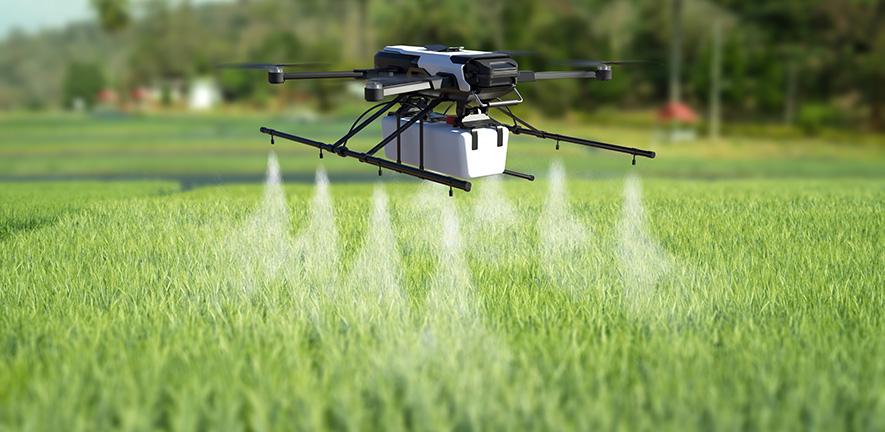The importance of AI in modern agriculture

By George George Idowu
Artificial Intelligence (AI) plays a significant role in modern agriculture, offering numerous benefits that enhance efficiency, productivity, and sustainability. Below are a few of those crucial roles.
In terms of precision agriculture, AI-driven technology enables data from sensors, drones, and satellite imagery to monitor crop health, soil conditions, and weather patterns.
This helps farmers apply fertilisers, water, and pesticides more accurately, reducing waste and increasing yields
AI can analyse historical data and predict future conditions, such as weather patterns, pest infestations, and crop performance. This predictive capability allows farmers to make informed decisions and take proactive measures to mitigate
AI helps power automated machinery like tractors, harvesters, and planting systems. These machines can operate with high precision and efficiency, reducing labor costs and minimizing human error
AI helps optimise the agricultural supply chain by analysing market trends, consumer demand, and logistics data. This ensures timely delivery of produce, reduces spoilage and enhances overall supply chain efficiency
Through image recognition and machine learning, AI systems can detect early signs of plant diseases and pest infestations. Early detection allows for timely intervention, preventing significant crop losses and reducing the need for chemical treatments
AI helps in efficient resource management by optimising water, fertilisers, and energy use. Smart irrigation systems, for example, use AI to determine the optimal watering schedules based on real-time data, conserving water and reducing costs
AI can analyse genetic data to identify desirable traits in crops and livestock, accelerating the development of new, high-yield, and disease-resistant varieties. This enhances food security and supports sustainable agriculture
With AI-driven automation, routine and labour-intensive tasks can be handled by machines, allowing human workers to focus on more complex and strategic activities. This can lead to higher productivity and better job satisfaction for farm workers.
Overall, AI’s integration into modern agriculture drives significant productivity, efficiency, and sustainability advancements.
By leveraging AI technologies, the agricultural sector can address challenges such as climate change, resource scarcity, and the growing global demand for food.
